“A man is not old until regrets take the place of dreams.“. – John Barrymore
Regret is the emotion of wishing one had made a different decision in the past because the consequences of the decision were unfavorable. Regret is a negative emotion predicated on an upward, self-focus, counterfactual inference. (Gilovich and Medec 1995). Regret feels bad because it implies a fault in personal action: You should have done it differently, hence self-blame is a component of regret (Connolly & Zeelenberg, 2002).
Four things do not come back: the spoken word, the sped arrow, the past life, and the neglected opportunity. – Arabian Proverb
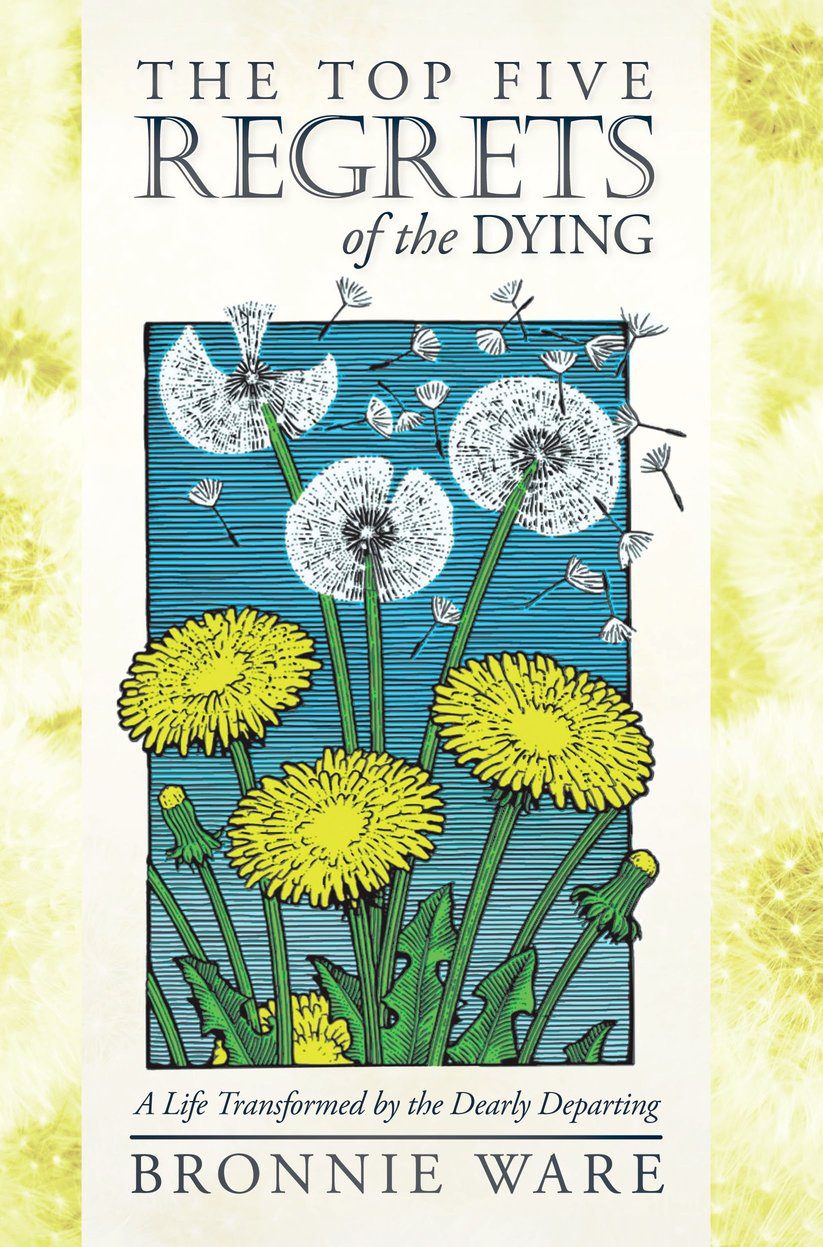
The top five regrets of the dying 1
1. I wish I’d had the courage to live a life true to myself, not the life others expected of me.
2. I wish I hadn’t worked so hard.
3. I wish I’d had the courage to express my feelings.
4. I wish I had stayed in touch with my friends.
5. I wish that I had let myself be happier.
Life is over so quickly. It is possible to reach the end with no regrets. It takes some bravery to live it right, to honour the life you are here to live but the choice is yours. So will be the rewards. Appreciate the time you have left by valuing all of the gifts in your life and that includes especially, your own, amazing self.
There is no warm-up for life, no dress rehearsal, yet that’s the way many people seem to be treating it. Each of us goes on stage cold, with no preparation, and we have to figure it out as we go along. That can be messy. We fail. We make mistakes. But we still need to give it our best from the very start. Regret 2 over not being proactive enough is a common theme among people looking back on their lives.
“An idealist believes the short run doesn’t count. A cynic believes the long run doesn’t matter. A realist believes that what is done or left undone in the short run determines the long run.” – Sydney J. Harris
Philosophers agree that regret is one of the most intense emotions we feel, but they have argued about whether it is productive or useful. Nietzsche said that remorse was “adding to the first act of stupidity a second.” Thoreau, on the other hand, praised the power of regret: “Make the most of your regrets; never smother your sorrow, but tend and cherish it till it comes to have a separate and integral interest. To regret deeply is to live afresh.
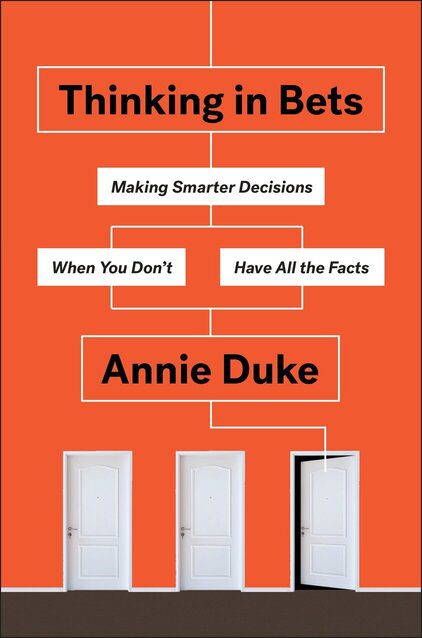
The problem isn’t so much whether regret is an unproductive emotion. It’s that regret occurs after the fact, instead of before. As Nietzsche points out, regret can do nothing to change what has already happened. We just wallow in remorse about something over which we no longer have any control. But if regret occurred before a decision instead of after, the experience of regret might get us to change a choice likely to result in a bad outcome. Then we could embrace Thoreau’s view and harness the power of regret because it would serve a valuable purpose. It would be helpful, then, if we could get regret to do some time traveling of its own, moving before our decisions instead of after them. That way, regret might be able to keep us from making a bad bet. In addition, it wouldn’t, as Nietzsche implied, rear its head later by causing us to make a remorse-fueled second mistake. 3
Jeff Bezos on regret minimization framework4:
The framework I found, which made the decision incredibly easy, was what I called—which only a nerd would call—a “regret minimization framework.” So I wanted to project myself forward to age 80 and say, “Okay, now I’m looking back on my life. I want to have minimized the number of regrets I have.” I knew that when I was 80 I was not going to regret having tried this. I was not going to regret trying to participate in this thing called the Internet that I thought was going to be a really big deal. I knew that if I failed I wouldn’t regret that, but I knew the one thing I might regret is not ever having tried. I knew that that would haunt me every day, and so, when I thought about it that way it was an incredibly easy decision.
And, I think that’s very good. If you can project yourself out to age 80 and sort of think, “What will I think at that time?” it gets you away from some of the daily pieces of confusion. You know, I left this Wall Street firm in the middle of the year. When you do that, you walk away from your annual bonus. That’s the kind of thing that in the short-term can confuse you, but if you think about the long-term then you can really make good life decisions that you won’t regret later.
If you can project yourself out to age 80 and sort of think, “What will I think at that time?”
The Regret Minimization Framework is a tool used to reduce the number of regrets in our lives. When faced with a difficult or tough decision:
- Project yourself forward to the age of 80.
- Look back on your life
- Ask yourself “Will I regret not doing this”.
- Act accordingly because you want to minimize the number of number of regrets.
A man is not old until regrets take the place of dreams.-John Barrymore
Meditations
- Daily Calm with Tamara Levitt – Mountains
- Jon Kabat-Zinn Mountain Meditation: Fill yourself up with feelings of stillness and stability to help create the setting in your mind and body for peaceful meditation. It can serve as a queue to help calm the mind and open the heart.
- Storms come and go, seasons change, birds depart in autumn and return in spring, but the mountain soars up from the earth unfaced. Change would occur this is a certainty; even if our lives look stable at the moment, soon we will face a new job, relationship, city, dilemma, opportunity or crisis. But as the natural dynamism of life runs its course. Mindfulness can help us be grounded, stable and resilient in the face of change and uncertainty, just like the mountain.
- Mountains represent resilience, stability and immoveability.
As night follows day and day night, the mountain just sits, simply being itself. It remains still as the seasons flow into one another and as the weather changes moment by moment, and day by day, calmness abiding all change. – Jon Kabat-Zinn
Daily Jay with Jay Shetty – Constructive Criticism
- SAO Technique: Situation: Situation, Action, Outcome
- When you are about to provide feedback, first identify the situation the behaviour took place in, then describe the specific action you observe and finally explain the outcome of that action on yourself and others.
Podcast
- Powering cars with solar energy with Steve Fambro of Aptera Motors | How I Built This with Guy Raz
All the best in your quest to get better. Don’t Settle: Live with Passion.
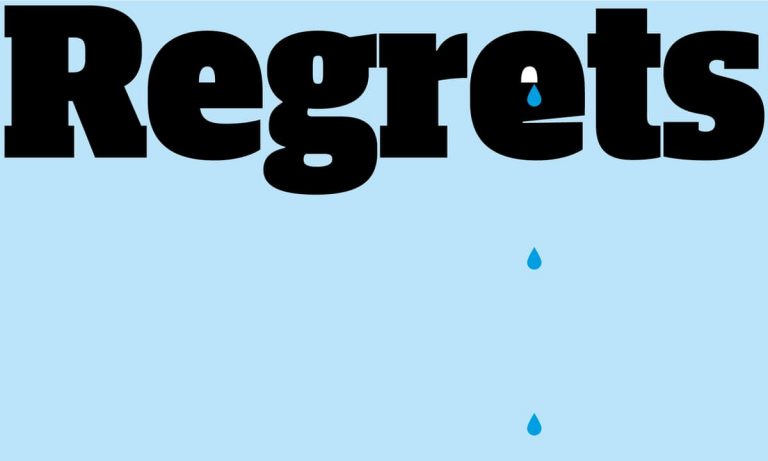
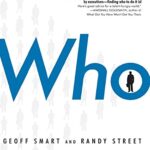
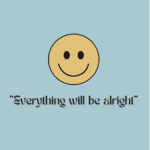
Comments are closed.